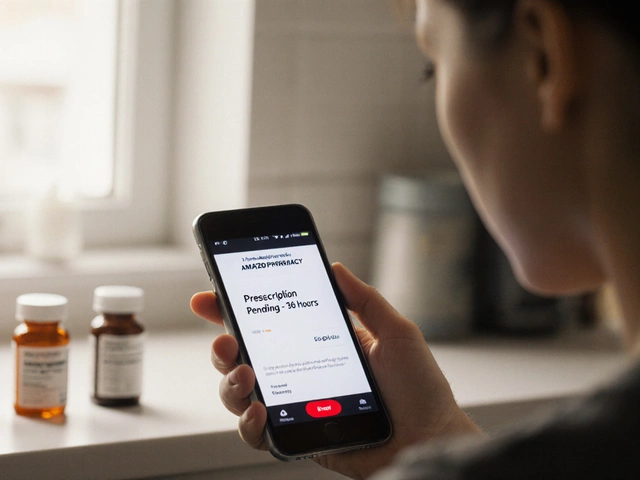IVF Journey: Your Practical Guide
If you’re thinking about IVF, the first thing that hits you is a mix of hope and confusion. You want to know how much it will cost, what the process looks like, and whether a baby born through IVF carries your DNA. This guide breaks down the biggest questions in plain language, so you can move forward with confidence.
How Much Does IVF Really Cost?
IVF prices vary a lot across India and abroad. In major Indian cities, a single fresh cycle can run from ₹1.5 lakh to ₹3 lakh. Add‑ons like genetic testing, extra medication, or frozen embryo storage can push the total above ₹5 lakh. If you need more than one cycle, the bill climbs quickly.
Many clinics offer package deals, financing options, or discounts for multiple cycles. Before you sign anything, ask for a detailed breakdown: medication, lab work, doctor fees, and any hidden charges. Compare at least three clinics, and don’t forget to factor in travel or accommodation if you go abroad.
What Happens During an IVF Cycle?
First, you’ll have an initial consultation. The doctor checks hormone levels, reviews your medical history, and decides the best protocol for you. Next comes ovarian stimulation – you’ll take daily injections to grow multiple eggs. Around day 10‑12, the clinic monitors your follicles with ultrasounds and blood tests.
When the eggs are mature, a minor procedure called egg retrieval extracts them under mild sedation. The eggs are mixed with sperm in the lab, and fertilization creates embryos. After 3‑5 days, the best embryo is selected and transferred back into the uterus. The remaining embryos can be frozen for future use.
Two weeks later, a pregnancy test tells you if the cycle succeeded. If not, you can discuss why it didn’t work and plan the next attempt.
Emotional ups and downs are normal. Talk to a counselor, join a support group, and keep communication open with your partner. Simple habits—good sleep, balanced meals, and light exercise—help your body handle the hormone shots and stress.
One common myth is that an IVF baby doesn’t carry the mother’s DNA. In reality, the child’s DNA comes from the egg and sperm used in the lab, just like a natural pregnancy. If you use a donor egg, the genetic material comes from the donor, but the mother still provides the womb environment and can influence health through nutrition and care.
Choosing the right clinic matters. Look for JCI accreditation, success rates specific to your age group, and transparent reporting. Ask about the lab’s equipment, the embryologist’s experience, and how many embryos they transfer per cycle. A reputable clinic will let you see fresh data and answer every question without hesitation.
Insurance coverage for IVF is still limited in India, but some corporate health plans include a complimentary health check‑up that covers basic fertility tests. Check your policy details and ask your HR department if any IVF-related benefits apply.
Finally, keep a simple checklist for each cycle: medication schedule, appointment dates, lab results, and a list of questions for the doctor. Having everything written down reduces anxiety and ensures you don’t miss any critical steps.
IVF is a journey, not a single event. By knowing the costs, understanding each stage, and staying emotionally supported, you can turn that hopeful spark into a realistic plan. Take one step at a time, stay informed, and trust the process you’ve built together.





